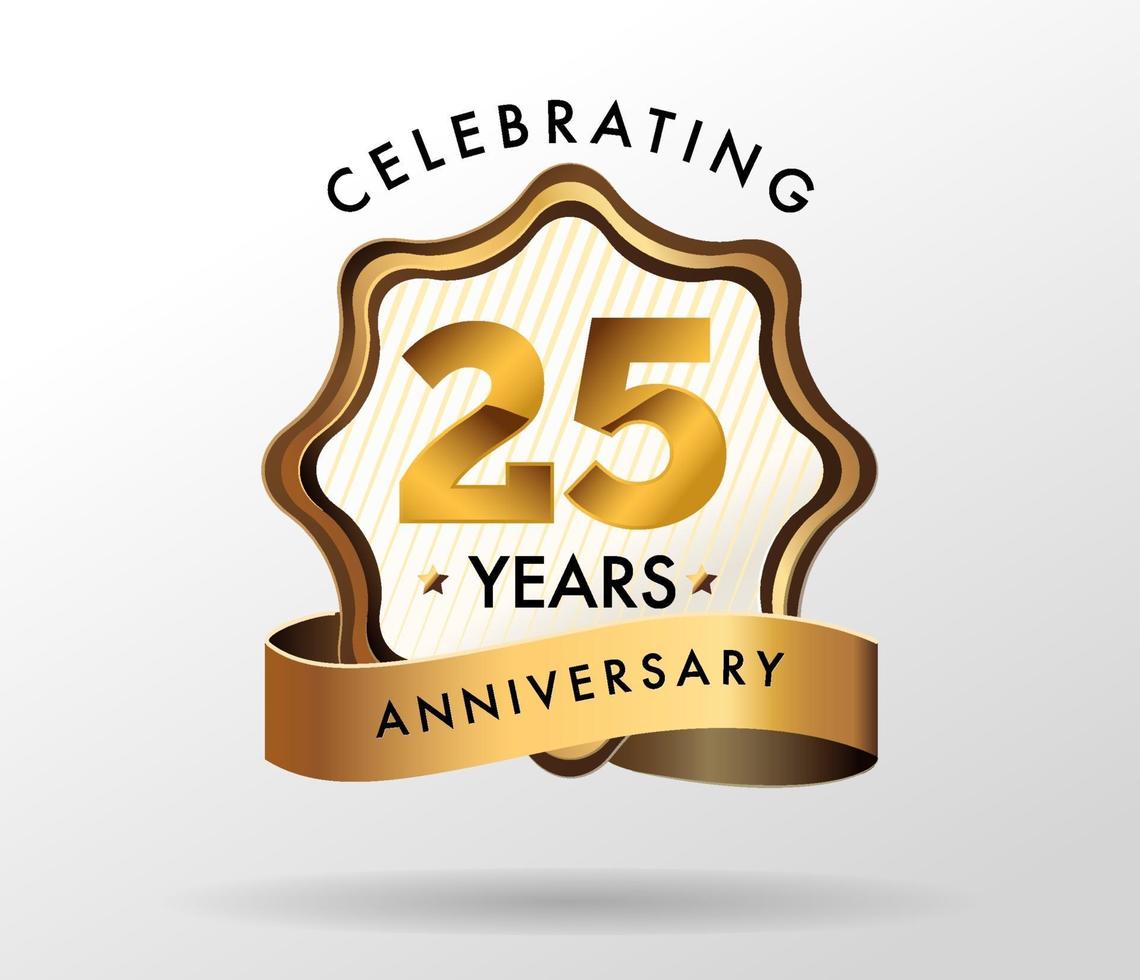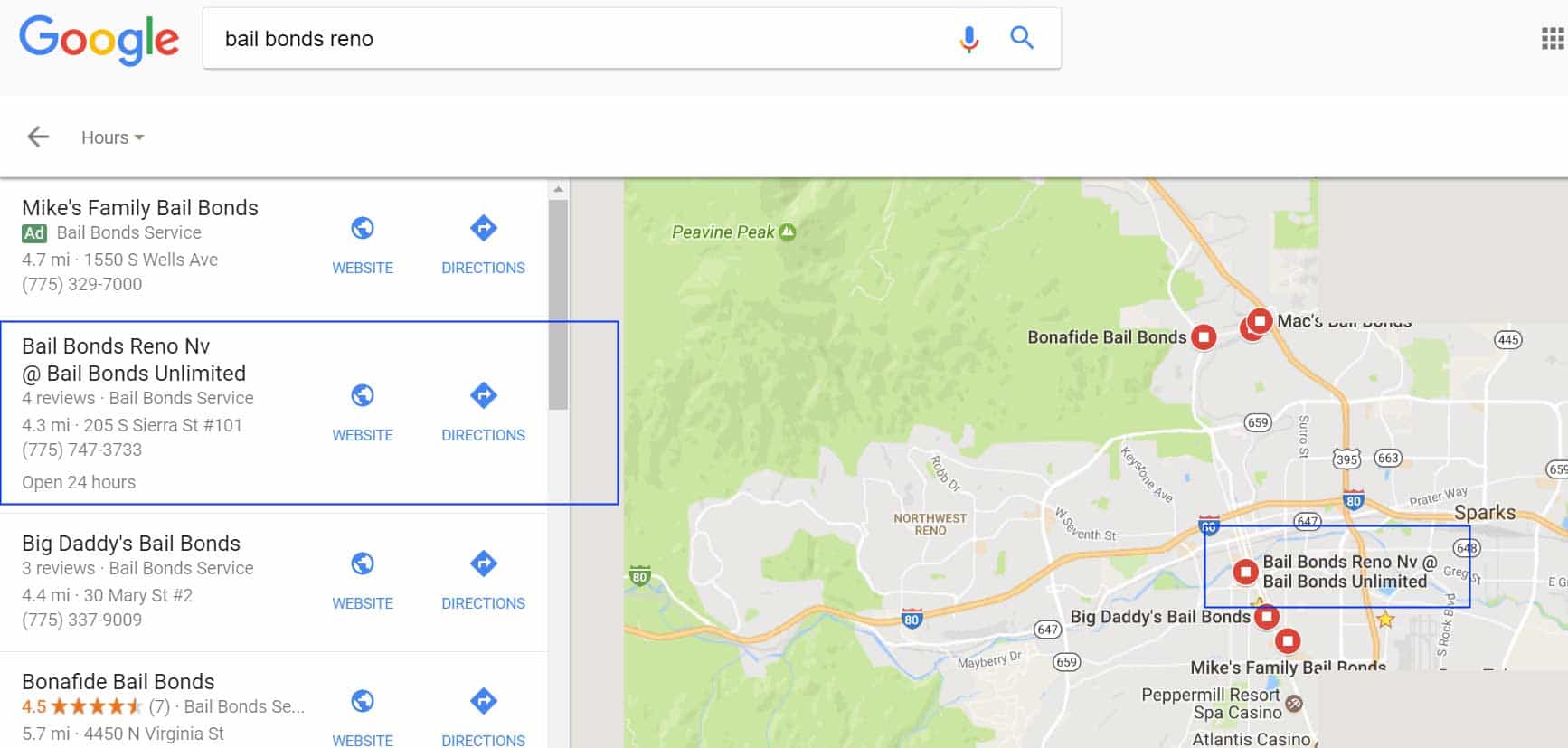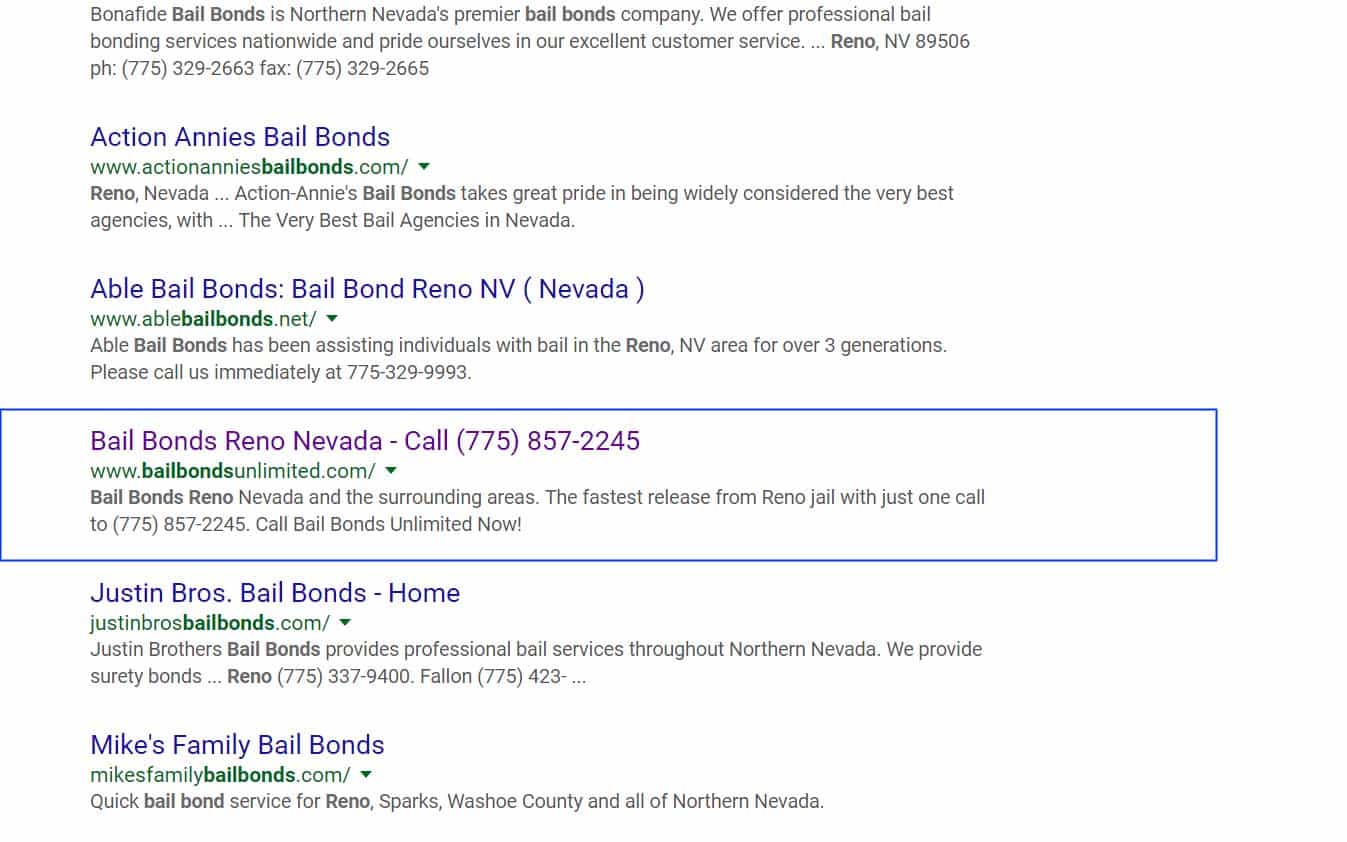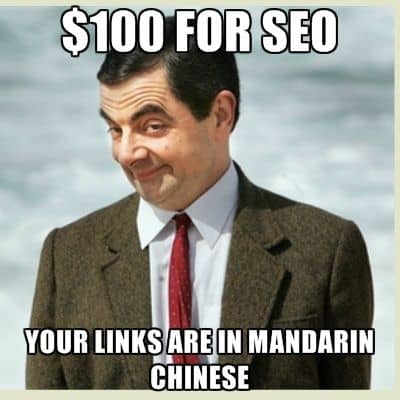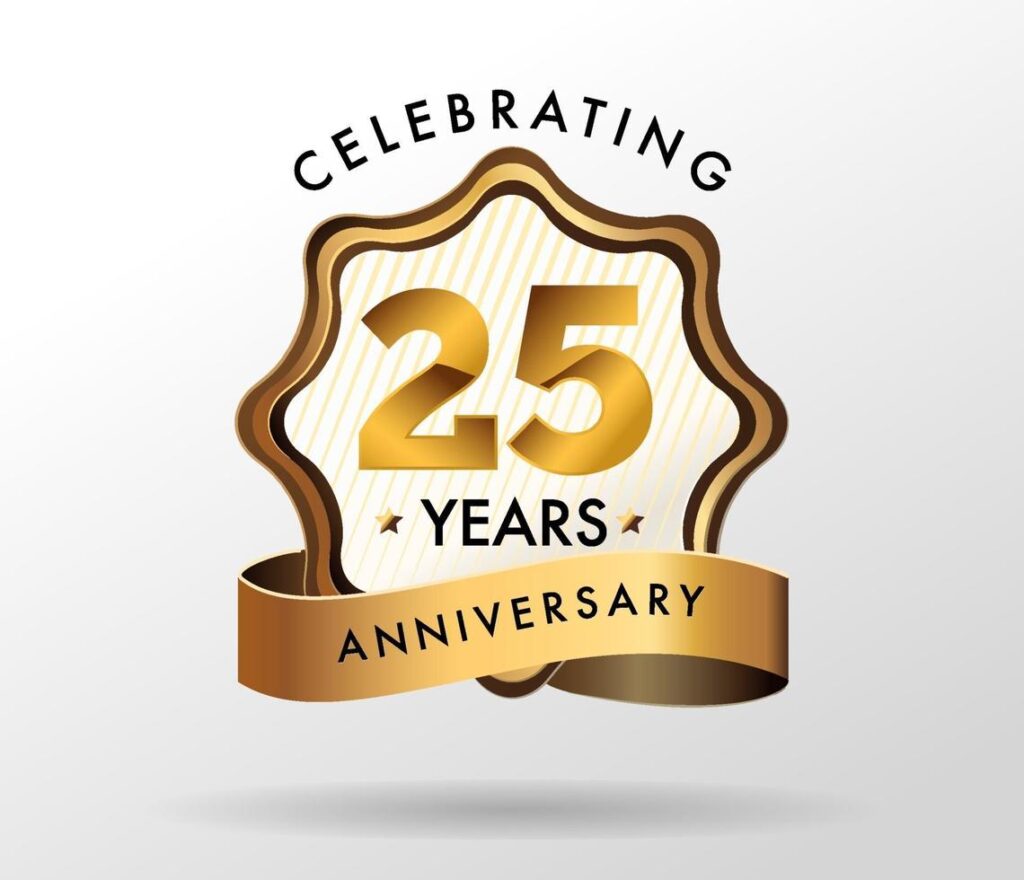
100 Point SEO Checklist for Attorneys
Technical SEO:
1. Secure Website (HTTPS): Ensure the website uses HTTPS for security.
2. Mobile-Friendly Design: Optimize the website for mobile devices.
3. Fast Loading Speed: Aim for quick page load times.
4. XML Sitemap: Create and submit an XML sitemap to search engines.
5. Robots.txt File: Ensure it’s correctly configured to guide search engine crawlers.
6. Structured Data: Use schema markup (especially for legal services).
7. Canonical Tags: To avoid duplicate content issues.
8. 404 Error Management: Regularly check and fix broken links.
9. Redirects: Properly implement 301 redirects for any old URLs.
10. Clean URL Structure: URLs should be simple and readable.
11. Breadcrumb Navigation: To enhance user navigation and SEO.
12. SSL Certificate: Ensure it’s valid and up to date.
13. Website Architecture: Organize content in a clear hierarchy.
14. Image Optimization: Compress and tag images appropriately.
15. Browser Compatibility: Ensure the site works across all browsers.
16. Local Hosting: Consider hosting the website in the country of operation.
17. Server Uptime: Ensure reliable hosting with minimal downtime.
18. AMP Pages: If applicable, for faster mobile page loads.
19. Regular Technical Audits: To identify and fix technical issues.
20. Avoid Flash Content: As it’s not SEO-friendly.
SEO Content:
21. Quality Content: Write informative, accurate, and engaging content.
22. Practice Area Pages: Detailed pages for each service offered.
23. Regular Blogging: Share insights on legal topics and updates.
24. Video Content: To engage visitors and provide information visually.
25. E-A-T Principles: Demonstrating Expertise, Authority, and Trustworthiness.
26. Case Studies/Testimonials: Showcase success stories and client feedback.
27. FAQ Section: For common legal questions.
28. Regular Content Updates: Keep information current and relevant.
29. Infographics: To make complex legal information more accessible.
30. Unique Content: Avoid plagiarism and duplicate content.
31. Content Length: Ensure pages have substantial, in-depth content.
32. Use of Subheadings: For better readability and SEO.
33. PDF Resources: Offer downloadable legal guides or whitepapers.
34. Legal Disclaimer: Necessary for compliance and trust.
35. Multilingual Content: If targeting non-English speaking clients.
36. Accessibility Features: Like text-to-speech for the visually impaired.
37. Internal Linking: To guide visitors to relevant pages.
38. Keyword Optimization: Without overstuffing.
39. Meta Descriptions: Enticing and relevant to the page content.
40. Alt Tags for Images: Descriptive and keyword relevant.
On-Page SEO:
41. Title Tags: Clear and keyword-optimized for each page.
42. Meta Descriptions: Accurately summarize page content.
43. Header Tags (H1, H2, etc.): Organize content clearly.
44. Local Keywords: Include local search terms.
45. NAP Consistency: Name, Address, Phone Number consistency across the site.
46. Clickable Contact Information: Ensure it’s easy to contact the firm.
47. Lawyer Bios: Detailed professional profiles.
48. Social Proof: Awards, recognitions, and memberships.
49. Service Area Pages: For different geographic locations served.
50. Call-to-Action: Clear and compelling CTAs on each page.
Off-Page SEO:
51. Google My Business: Complete and optimize the listing.
52. Local Directory Listings: In legal and business directories.
53. Backlink Strategy: Gain links from reputable legal sites.
54. Social Media Activity: Engage with audiences on relevant platforms.
55. Online Reviews: Encourage satisfied clients to leave reviews.
56. Community Involvement: Highlight charity work or local sponsorships.
57. Guest Blogging: On reputable legal industry websites.
58. Press Releases: For significant firm news or cases.
59. Professional Associations: Membership badges and links.
60. Local Events: Participation in or sponsorship of local events.
Legal Industry-Specific:
61. Compliance with Bar Association Rules: For advertising and conduct.
62. Client Confidentiality: Ensure the website respects privacy laws.
63. Ethical Marketing: Avoid guarantees or misleading claims.
64. Accreditations: Showcase legal accreditations and certifications.
65. Jurisdiction Specific
Information: Tailor content to the relevant legal jurisdiction.
66. Clear Fee Structures: Where permitted, provide information on fees.
67. Legal Thought Leadership: Publish whitepapers or research studies.
68. ADA Compliance: Ensure website accessibility.
69. Legal Terms Glossary: To educate and inform visitors.
70. Case Results: Where ethical, share past successes.
Analytics and Monitoring:
71. Google Analytics: To track website traffic and user behavior.
72. Conversion Tracking: Monitor how visitors interact with the site.
73. Keyword Tracking: Regularly check rankings for target keywords.
74. Backlink Monitoring: Keep an eye on the link profile.
75. Competitor Analysis: Understand what competitors are doing.
76. User Feedback: Collect and consider user input for improvements.
77. Heatmaps and User Behavior Tools: To optimize user experience.
78. Regular Reporting: To assess progress and adjust strategies.
79. Social Media Analytics: Track engagement and reach.
80. Local SEO Tracking: For performance in local search results.
Security and Legal Compliance:
81. Data Protection: Ensure compliance with data protection laws (e.g., GDPR).
82. Cookie Policy: Clear policy and consent mechanism.
83. Privacy Policy: Comprehensive and up-to-date.
84. Terms of Use: Legal conditions for using the website.
85. Cybersecurity Measures: To protect client information.
86. Regular Security Audits: To prevent breaches.
87. SSL Certificates: Keep them updated for secure connections.
88. DMCA Compliance: For content rights.
89. Accessibility Compliance: Adhering to WCAG guidelines.
90. Legal Disclaimers: As necessary for content and advice.
Advanced Strategies:
91. Voice Search Optimization: For emerging search trends.
92. AI Chatbots: For instant engagement and queries.
93. Personalization: Tailor content based on visitor behavior.
94. Video SEO: Optimize video content and descriptions.
95. Podcasts or Webinars: For in-depth legal discussions.
96. Advanced Schema Markup: For rich snippets in search results.
97. Content Clusters: Build authority around key topics.
98. Influencer Collaborations: Partner with legal influencers.
99. Retargeting Ads: To re-engage visitors.
100. Continuous Learning: Stay updated with SEO and legal marketing trends.
This checklist covers a comprehensive range of aspects to optimize an attorney or law firm website for better search engine visibility while ensuring compliance with legal marketing ethics. Regularly reviewing and updating these elements can significantly improve online presence and client engagement.
Contat Top Legal SEO Expert Sandy Rowley for a quote at 775-870-0488.

